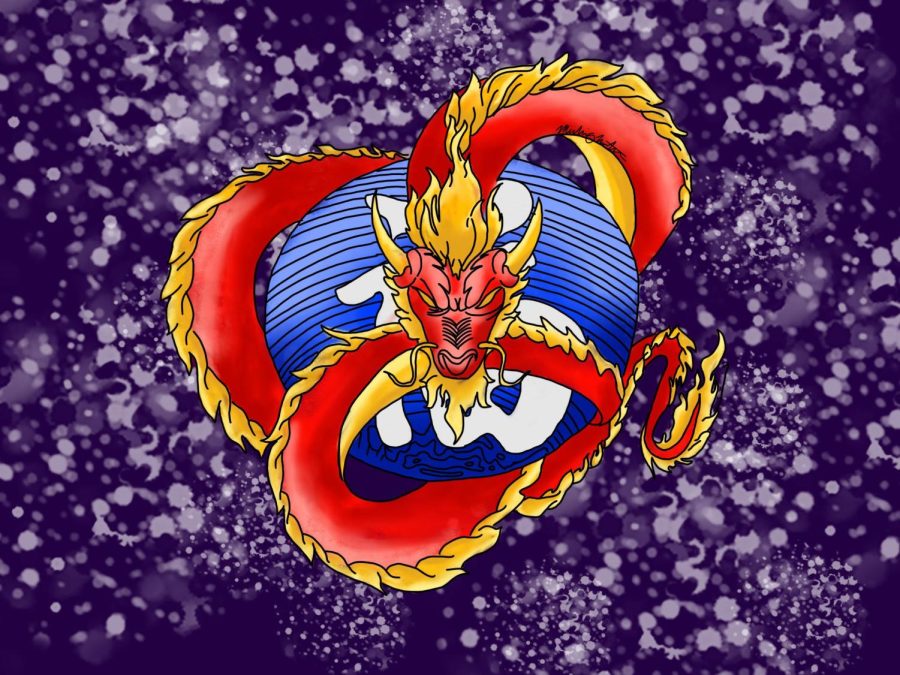Hop into the Year of the Rabbit with Minnesota Orchestra
December 20, 2022
January 22, 2023 marks the start of the Year of the Rabbit on the lunar calendar. From festivals to home traditions, there are endless amounts of ways that people are commemorating the New Year. Enter Minnesota Orchestra, the Minneapolis-based symphony orchestra that is finding ways to uplift different cultural traditions through music.
On January 28, Minnesota Orchestra will be hosting their Lunar New Year celebration featuring works by Asian-American Pacific Islander (AAPI) composers, as well as AAPI guest artists, hosts, and conductor. Nine pieces in total will be performed, including a work for Erhu, a Chinese stringed instrument, and a feature for South Korean baritone Joo Won Kang.
“The Minnesota Orchestra marks the 2023 Lunar New Year, and the Year of the Rabbit, with a performance featuring music that honors family traditions and themes of unity and health,” stated the Minnesota Orchestra’s website. “This performance marks the Minnesota Orchestra’s second Lunar New Year celebration, and we’re thrilled to welcome back conductor Junping Qian.”
Marianne Park, ‘24, is a violist in Minnetonka High School’s Symphony Orchestra and said that she “definitely would” be interested in attending the concert.
“My interest would pique for this kind of concert because I feel like there aren’t as many opportunities to see this kind of feature for AAPI culture in music,” she said. “A lot of the music I play is mostly [by] white composers, so getting to see this kind of showcase is a different and more inclusive experience.”
Annabelle Fung, ‘24, a clarinetist and pianist, agreed. “It’s really important to have that Asian representation in music,” she said.
Fung pointed out that the presence of Asian instruments in the concert will add to the value of the experience. “[Traditional instruments] would be really interesting to see because I feel like the people who play those traditional instruments are really declining, so it’d be really interesting to see how those instruments are played and how they blend with the whole orchestra.”
When asked what stood out to her upon hearing about the Lunar New Year concert, Park replied, “There aren’t many chances to hear this kind of music, so getting to experience it altogether and see these kinds of styles in AAPI music is just better. I always think that it’s always a positive to be more inclusive to other cultures and expose others to that kind of music and have that kind of representation.”
“If it’s possible, more orchestras or groups in general should educate themselves more about other people,” said Park. “At [Asian Student Union], we’re always trying to reach out to other clubs and see if we can create a bigger, more diverse community, so I think extending that to musical communities is just a better way to get everyone involved.”
Fung noted how many music competitions continue to restrict their lists of acceptable repertoire to standard works by white composers.
“I think there definitely needs to [be] more diversity and representation in general,” Fung said about the classical music institutions that she participates in. “I feel like all the songs [competitions] give you [in repertoire lists] are pretty general. There’s nothing really special — it’s all by white composers, so I think it would be really interesting to see more types of music and not just the ‘standard repertoire’.”
“Getting to hear what other people have grown up with or been culturally influenced by is a good way to immerse yourself in that culture,” Park added. “Being able to play music that specifically showcases that kind of environment is a great way for those who don’t [normally] have that kind of opportunity.”
“I think [the concert] is pretty inspiring,” concluded Fung. “It’s really nice that [Minnesota Orchestra] is trying to incorporate more diversity and representation in their music. I would definitely want to watch it.”
Tickets for the Lunar New Year celebration are available for reservation on Minnesota Orchestra’s website, including free tickets for students ages 6-18 with ID.






























